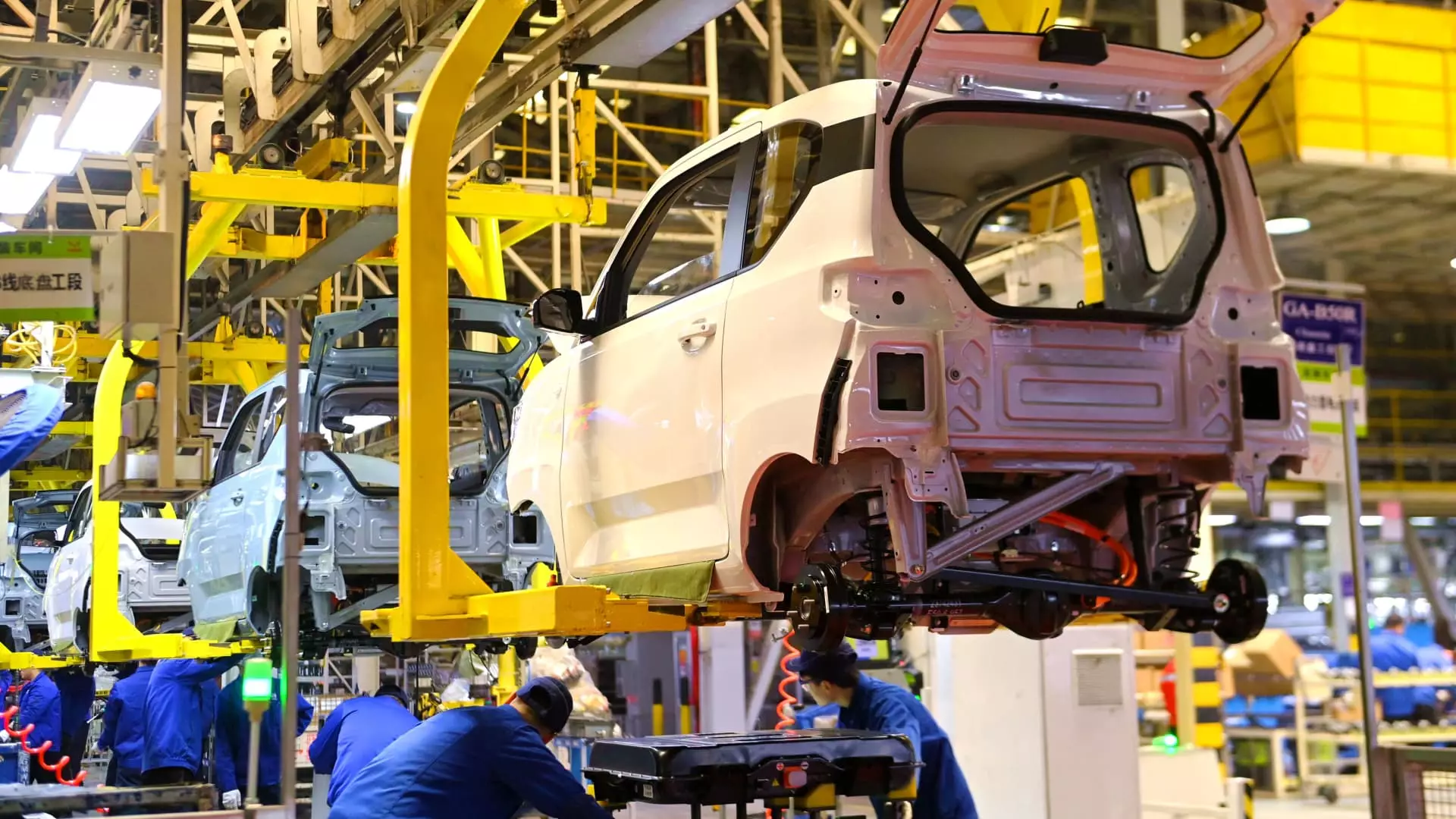China has invested a substantial amount, totaling $230.8 billion, over more than a decade to develop its electric car industry. This massive scale of government support represents 18.8% of total electric car sales between 2009 and 2023. However, it is crucial to note that the ratio of government spending to EV sales has been on the decline since 2017, dropping from over 40% to slightly above 11% in 2023.
Scott Kennedy, trustee chair in Chinese Business and Economics at CSIS, highlighted that Beijing’s support for electric cars has consisted of both monetary and non-monetary policies that have favored domestic automakers over foreign ones. Despite this, Kennedy pointed out that Western automakers and governments have not been as aggressive in creating attractive conditions for developing their own electric car industry. This lack of initiative has led to criticism, especially as the EU and the U.S. have imposed tariffs on Chinese electric car imports due to the use of subsidies in their production.
The intense competition within the electric car industry has led to a price war, with companies resorting to slashing prices or launching lower-priced product lines to stay competitive. As a result, companies like BYD and Tesla have seen a decline in their net profit per car. For example, BYD’s net profit per car has decreased to $739, while Tesla’s has dropped to $2,919. Chinese electric car startup Nio, which is operating at a loss, anticipates fierce competition, leading to 10 automakers losing out on the China market.
The U.S. has also been increasing its efforts to support electric cars, with the recent Inflation Reduction Act allocating $370 billion for promoting clean technologies. This legislation includes a $7,500 credit for qualifying electric car purchases. A key difference between China and the U.S. is the average government support per electric car purchase. In 2023, the average Chinese support per electric car purchase was $4,600, significantly lower than the $13,860 in 2018.
Despite significant progress made by Chinese EV makers and battery producers, there are concerns about profitability. Scott Kennedy noted that the extensive government support and market growth for Chinese EV companies have yet to translate into substantial profits. In a competitive market economy, firms would typically assess their investments more carefully, leading to industry consolidation. However, the gap between supply and demand in the electric car industry remains a challenge.
Looking ahead, the electric car industry is likely to continue facing challenges related to profitability, fierce competition, and government support. As countries like China and the U.S. invest heavily in clean technologies, it will be crucial for companies to innovate, adapt, and streamline their operations to remain competitive in the evolving market. With ongoing changes in government policies and market dynamics, the future of the electric car industry remains uncertain, posing both opportunities and challenges for stakeholders.

